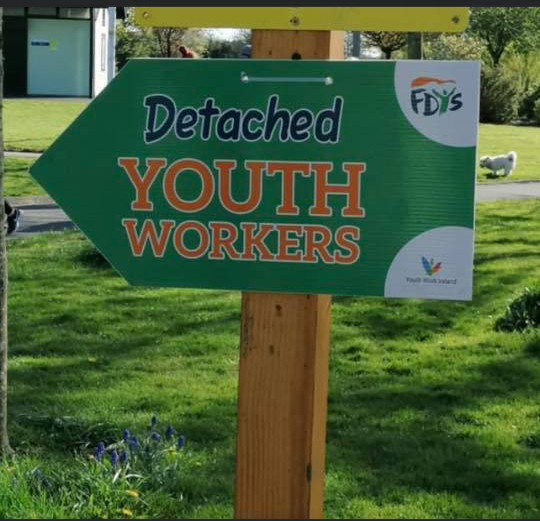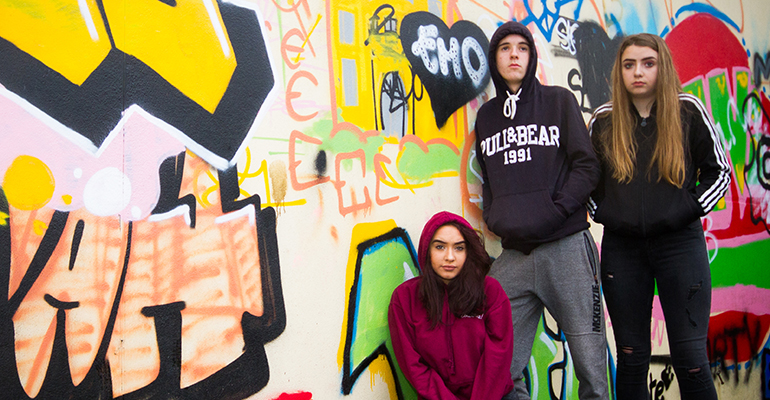Detached Youth Support Project
Thanks to support from Léargas and Erasmus+, the Detached Youth Support Project, an Erasmus+ KA2 Youth project coordinated by Youth Work Ireland, has been able to address the social and economic impact of the Covid-19 pandemic on young people in Europe, focusing on those most socially excluded. The project has completed an extensive research report documenting the extreme forms of social exclusion (including radicalisation) experienced by young people during the lockdown, and the continued challenges faced by those who remain disconnected from services in the recovery from lockdown. It also details adaptations and best practices in ‘Detached Work’ and provides evidence for the effectiveness of this work, along with its inevitable challenges. The project built on a significant programme of work already being enacted by street youth workers.

Participants, Themes and Best Practices
The participants in the research were youth workers and practitioners from 33 different organisations across five countries – Ireland, Sweden, Finland, Austria and Belgium. The most prevalent theme that emerged from the research was isolation/alienation. The pandemic has changed the ways many of the participating youth workers in the research would engage their target groups, and has brought new challenges. These included adapting to, and eventually dealing with lethargy for, digital youth work. Although there was an increased demand for services, the digital divide often meant participation was low and after time ‘Zoom fatigue’ had an impact on engagement. Practitioners found that best practices were being constantly visible to young people, providing packs to homes, engaging in targeted digital youth work, socially distanced street work, and inter-agency work. Some youth workers reported that their most useful tool has been a bike! The crucial element is being present, visible and available through detached outreach.
Detached work is a viable practical method, considering current restrictions. Increasingly innovative methods were needed to meet best practice. Street teams and detached youth workers were required to use their creativity, experiment and explore new ways of reaching young people. The outreach provided by youth workers has been of great value. There is considerable evidence that young people need exactly the kinds of support that detached youth support provides. The perseverance and resilience of youth workers at this time is commendable. The unprecedented current circumstances bring many challenges to this work; safe social distanced youth work in outdoor settings requires planning, inter-agency work is more important, yet no easier, than ever before
As part of Youth Work Ireland’s Lunchtime Learning sessions, we held a session focused on detached youth work that provided a space for practitioners to share what has worked for them, identify further support needs, share resources, and discuss the inevitable challenges. The event was open to all staff and volunteers from Youth Work Ireland’s Member Youth Services. That it was remarkably well-attended speaks to relevance of this work at the present moment.
The full research report can be found on the website Detached Youth Support, where further resources and information will be shared in the coming months.


